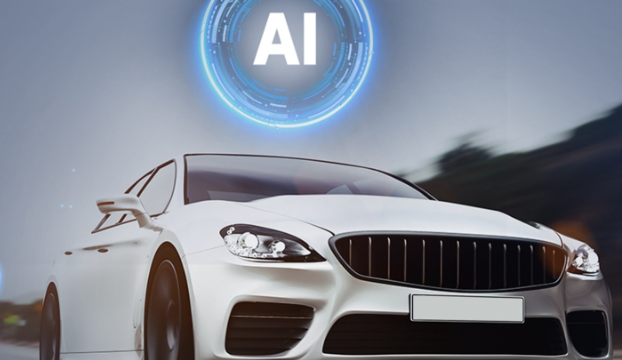In today’s fast-evolving digital landscape, artificial intelligence (AI) is transforming how businesses connect with their audiences. With AI-driven marketing strategies, companies can maximize their return on investment (ROI) by optimizing customer interactions, automating processes, and delivering personalized experiences. This article explores how AI is reshaping digital marketing and the best strategies businesses can adopt to stay ahead.
AI’s Role in Digital Marketing
AI enhances digital marketing by analyzing vast amounts of data, predicting consumer behavior, and automating repetitive tasks. It helps businesses improve decision-making and customer engagement through various AI-driven solutions, including:
1. Personalization and Customer Engagement
AI-powered algorithms analyze user behavior, search history, and preferences to deliver personalized content. Personalized marketing leads to higher engagement rates, increased conversions, and improved customer loyalty. AI-driven recommendation engines, such as those used by e-commerce platforms and streaming services, help brands create tailored experiences.
2. Predictive Analytics for Better Targeting
Predictive analytics allows marketers to anticipate consumer trends and optimize ad targeting. AI can assess historical data and user behavior to predict which campaigns will perform best, ensuring businesses allocate their budget efficiently. This results in higher ad conversion rates and reduced wasted spend.
3. AI-Driven Chatbots and Virtual Assistants
Chatbots powered by AI enhance customer service by providing instant responses, handling inquiries, and guiding users through the sales funnel. Virtual assistants powered by natural language processing (NLP) can further improve customer interactions by offering human-like conversational experiences.
4. Automated Content Creation and Optimization
AI-powered tools can generate high-quality content, including blog posts, product descriptions, and social media updates. AI also assists in optimizing existing content by suggesting relevant keywords, improving readability, and enhancing SEO performance. These tools help businesses maintain a consistent content strategy with minimal effort.
5. Voice Search Optimization
With the rise of voice assistants like Google Assistant, Siri, and Alexa, optimizing for voice search is crucial. AI-driven voice recognition technology enables businesses to refine their SEO strategies by focusing on conversational keywords and long-tail search queries.
6. Programmatic Advertising for Efficient Ad Spend
AI streamlines digital advertising by automating ad placements through programmatic advertising. This method uses AI algorithms to analyze audience data and bid on ad space in real-time. It ensures that ads reach the most relevant users, improving ad efficiency and ROI.
7. AI-Powered Email Marketing
AI improves email marketing by analyzing customer behavior to determine the best time to send emails, segmenting audiences, and crafting personalized subject lines. AI tools also track open rates and engagement metrics, allowing marketers to refine their email campaigns for better results.
How Businesses Can Leverage AI for Maximum ROI
To fully capitalize on AI-powered digital marketing, businesses should implement the following strategies:
- Invest in AI-Driven Analytics: Use AI tools to gain deeper insights into customer behavior, campaign performance, and market trends.
- Optimize for AI-Powered Search: Focus on voice search and semantic search optimization to ensure content ranks well on search engines.
- Automate Customer Support: Deploy AI chatbots to handle common customer inquiries, freeing up human resources for complex tasks.
- Use AI for Content Strategy: Implement AI-powered content generation and optimization tools to enhance website engagement and organic traffic.
- Enhance Ad Targeting with AI: Leverage programmatic advertising to optimize ad spend and maximize conversions.
Conclusion
The future of digital marketing lies in AI-powered strategies that enhance personalization, efficiency, and data-driven decision-making. Businesses that adopt AI in their marketing efforts will achieve higher ROI, improved customer experiences, and a competitive edge in the market. By integrating AI-driven tools into their digital strategy, brands can stay ahead in the ever-changing digital landscape.





